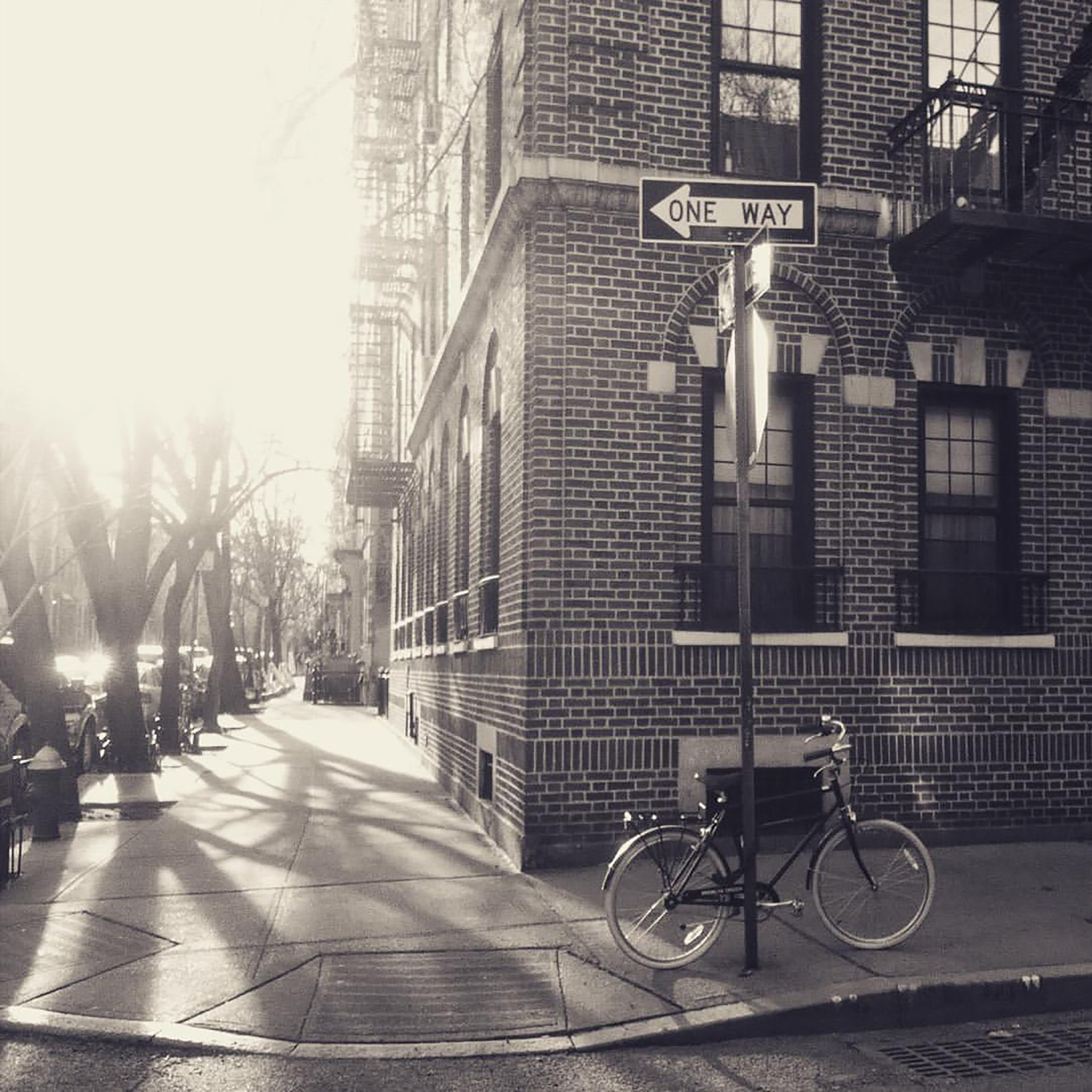AiR News
AiR programs and COVID-19
By Ishii Jun'ichiro

What is an artist-in-residence (AiR)?
The concept of the artist’s residency has a venerable lineage, tracing back it is said to 1666, when the French Académie Royale purchased the Villa Medici in Rome and sent Prix de Rome winners, artists under noble patronage and others to study there.
Today, TransArtists, one of the world’s most comprehensive AiR databases, carries information on around 1500 artist-in-residence programs. Nevertheless, it would be fair to say that the kind of AiR programs that encourage a lively traffic in artists are comparatively new even in today’s art system. Taking part in international AiR schemes finally became a more accessible option with the explosive growth of the internet from the 1990s onward, making it easy for individuals to apply online.
International AiR programs viewed as gateways to success such as that of the Rijksakademie in Amsterdam and Künstlerhaus Bethanien in Berlin, the Parisian Cité internationale des Arts, and ISCP (International Studio & Curatorial Program) in New York, support the borderless activities not only of artists but also curators and researchers, and provide a setting for both practical creative work, and sophisticated theory construction. The professional networks nurtured by AiRs can end up being a major factor in the futures of program participants.
In Japan, in 1987 the Australia Council for the Arts set up a studio in Tokyo for Australian artists. In 1989, Tokyo’s Youkobo Art Space began accepting overseas artists for residencies, and in 1992 the Villa Kujoyama, twinned with the Villa Medici, opened in Kyoto. The AIR_J Japanese AiR portal site currently lists over 60 AiR programs in the country.
International AiR programs in Kyoto also include the Goethe-Institut Villa Kamogawa for use by German artists and researchers; the Kyoto Art Center, which recruits visual and performing arts practitioners of any nationality in alternate years; Kyoto: Re-Search run by Kyoto Prefecture; and the ANEWAL Gallery, connected to the Microresidence Network that is championed by the Youkobo Art Space and has been gathering growing interest in recent years.
The impact of COVID-19 on AiR programs
On March 27, 2020, with all international activities, from major government-sponsored programs to private-sector initiatives, severely impacted by the pandemic, the Res Artis foundation that supports international AiR networks issued the following statement.
“Arts residencies reflect the world around us, they engage diverse communities more so than any other arts sector, they bridge intercultural understanding and peace-keeping. When the COVID-19 pandemic is over, arts residencies will play a critical role in the re-emergence of national and international exchange. Arts residencies are our future.”
In September, Res Artis and UCL (University College London) released areport following their survey on the impact of COVID-19 on international AiR programs.
Run from May 7 to June 1, 2020, the survey received a total of 1132 responses from around the world, from 778 artists, and 358 art organizations. According to the report, 54 percent of scheduled AiR programs had been cancelled, modified, shortened or postponed due to COVID-19, with 9 percent of the organizations that responded forced to close indefinitely. Res Artis and UCL are planning a total of three surveys by 2021, this report being from the first.
In Kyoto, European artists withdrew from the Villa Kujoyama and Villa Kamogawa in March just before entry restrictions were imposed in the first wave of COVID-19. At the Kyoto Art Center, meanwhile, all five residencies scheduled for the year have been postponed until next year, while even the ANEWAL Gallery, which runs a small-scale AiR program, has apparently suspended all AiR and exhibition operations for the time being.
On the 11th and 12th of December 2020, AiR specialists from The Netherlands, France, Germany and Japan gathered for the online symposium “AIR on air.” ICA Kyoto will continue to provide updates on developments in the international AiR program sector.